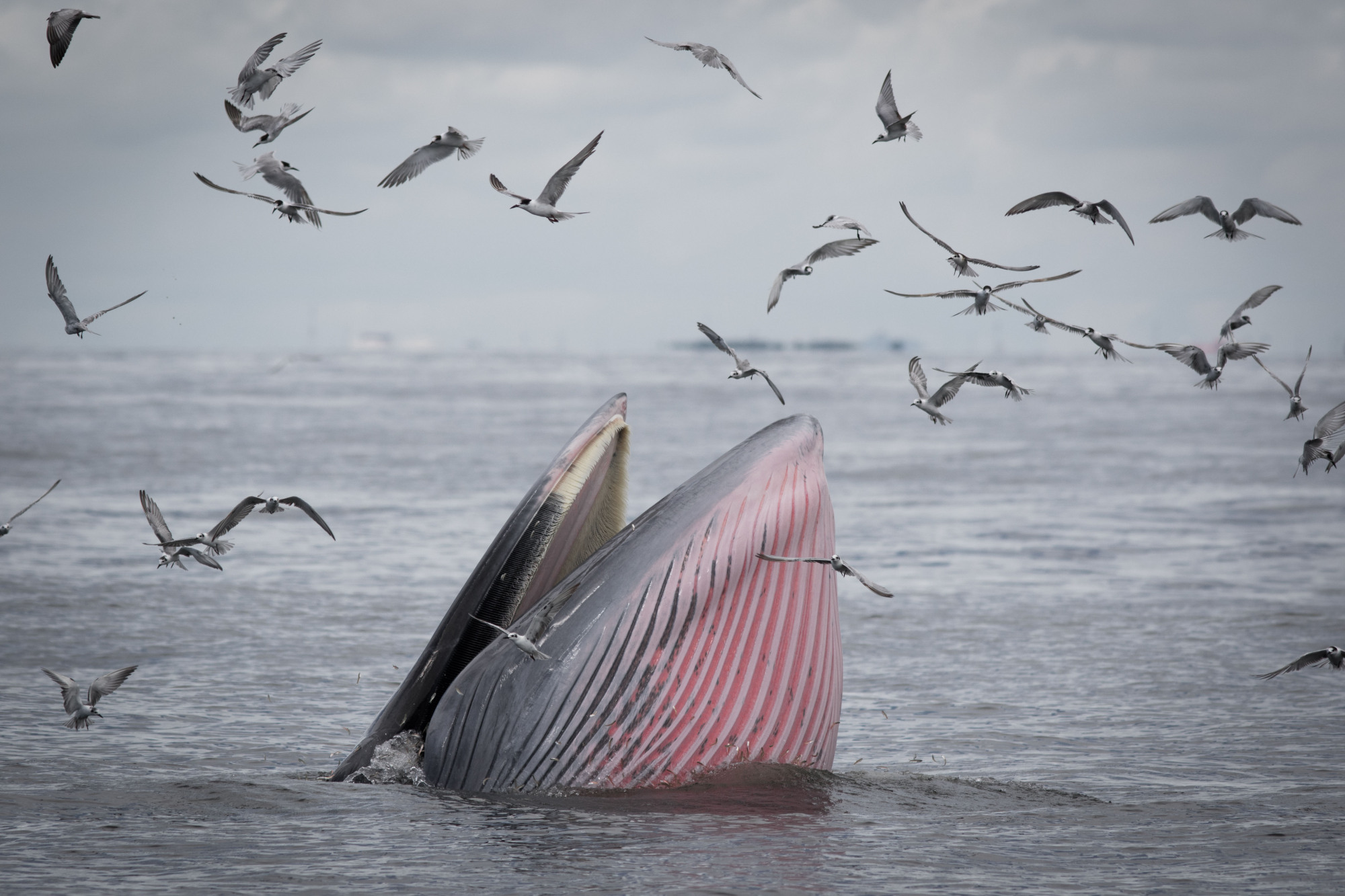The announcement at the end of last year that Japan was going to officially resume commercial whaling generated predictable headlines and horrified reactions around the world. People love to criticize Japan for permitting the hunting and killing of whales, and in the face of international condemnation Tokyo has usually doubled down on its insistence that whaling is part of Japanese culture and that foreign countries have no right to hand out lectures on animal welfare.
Two things I read in the wake of the announcement added some nuance to the usual feeling of righteous indignation, and even offered a little bit of solace.
Putting aside commercial whaling, even when Japan has been carrying out its so-called scientific whaling programs — which, as has been widely reported, do not produce any scientific data worth having — there has been vocal and almost universal international opposition. A journalist colleague in the United States, Andrew Revkin, pointed me to an essay by Michiko Aramaki at Concordia University in Montreal.
















With your current subscription plan you can comment on stories. However, before writing your first comment, please create a display name in the Profile section of your subscriber account page.